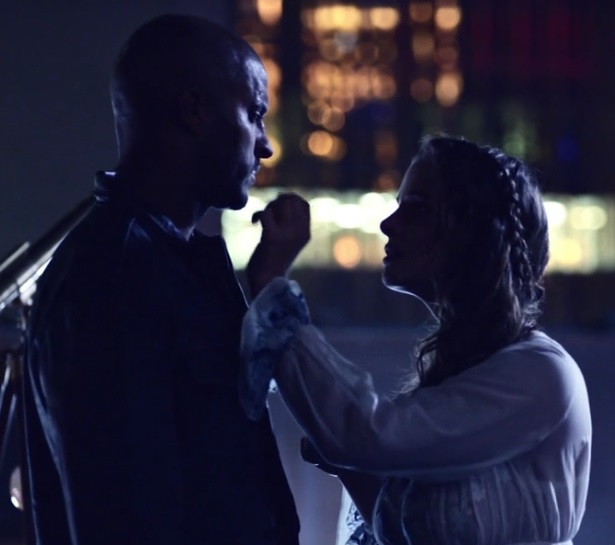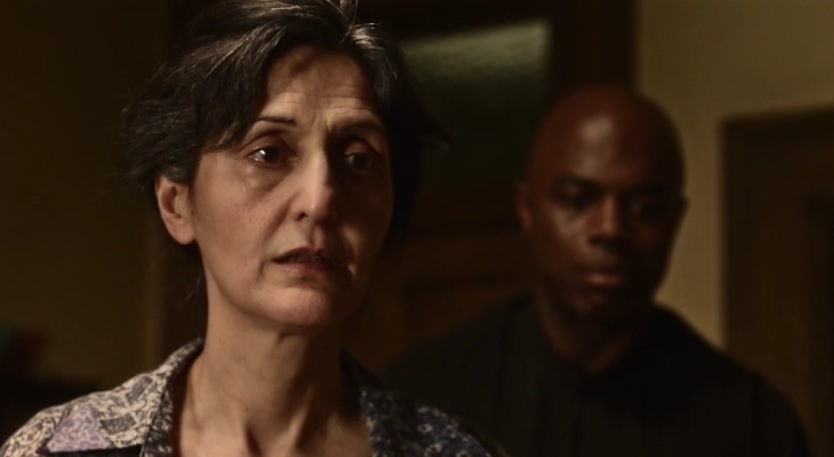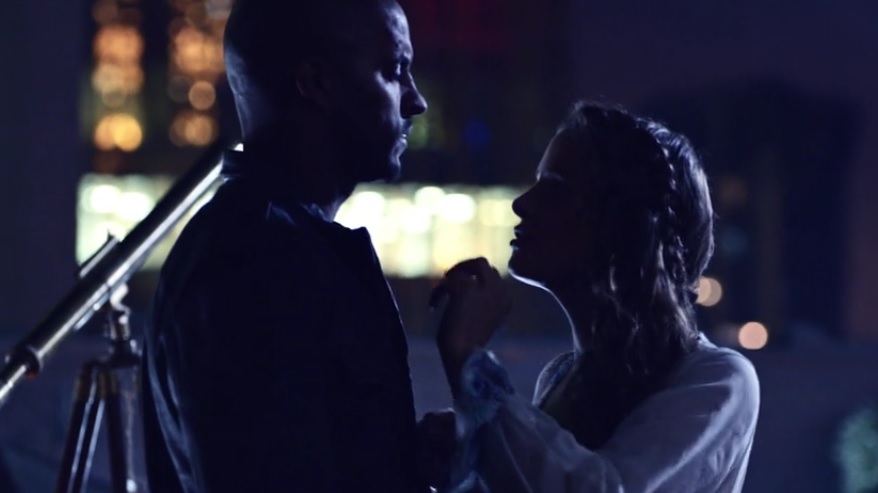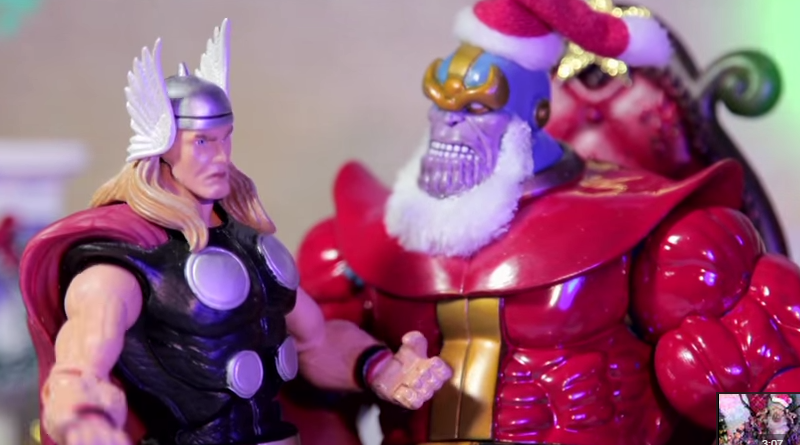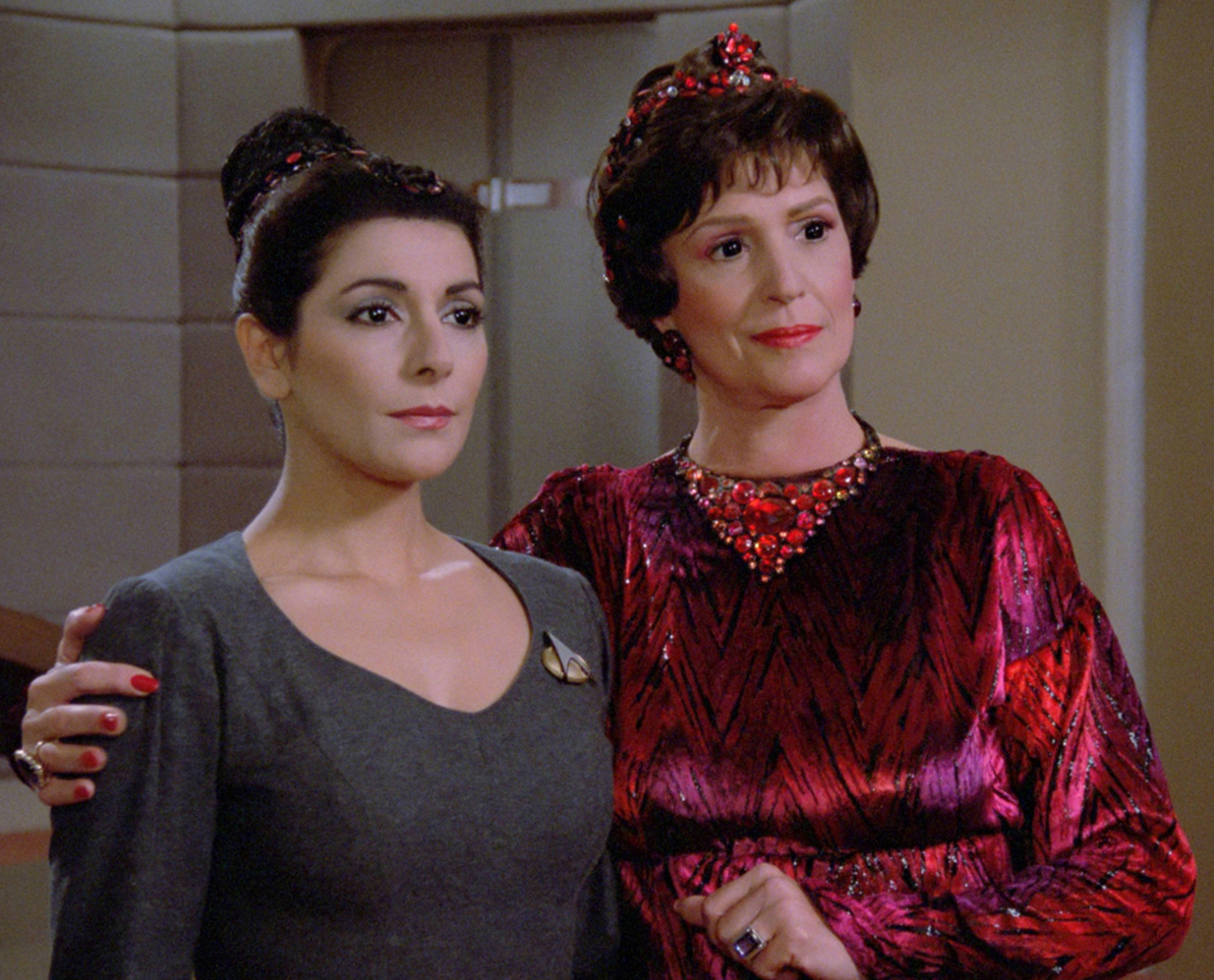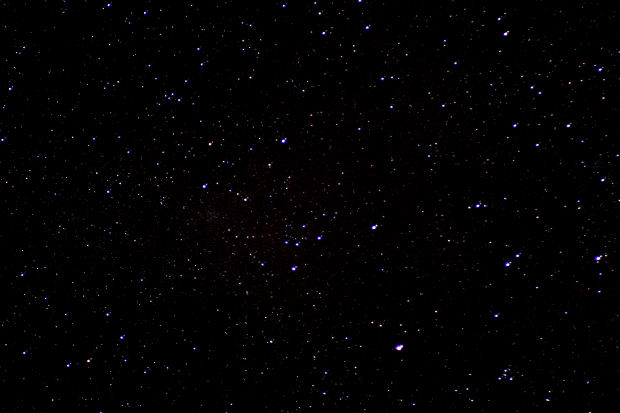American Gods Season 1, Episode 3: In Advance
There are episode spoilers in this review. This review will also contain book spoilers, but only up to where the show has covered, as I compare the two side-by-side. All images are from American Gods on STARZ unless otherwise noted.
Please enjoy a new, balanced structure for more precise reviews.
“Footnotes” discusses American Gods’ non-direct facts and accounts: events or notes that happen outside of the show but that are relevant or interest-piquing. “Manipulations” considers changes that have occurred from the translation of the book to the screen: all of the most noteworthy among new events, changes to storyline, and what’s been removed. “Remarkably” discusses the most distinguished occurrences and “Begrudgingly” hosts displeasing impressions. “Conclusively” is your warm and fuzzy wrap-up babbling.
Previous episode reviews can be found here: Episode 1, Episode 2
Footnotes
To start this week: in case you missed it, American Gods has already been renewed for a second season.
After two episodes.
That’s about as long as Firefly ran before some heartless bastards cancelled it (insert copious, necessary rage and sadness here).
But really, that’s a phenomenal, unheard of renewal for any show. According to Deadline, American Gods came close to almost 1 million viewers (about 975,000, to give a more exact number) and nearly broke a record for debut of original series for Starz.
All I know is I’m pretty much paying 8.99/month on Amazon to watch the show and write some words to toss at your pretty faces regarding my said experience.
Manipulations
So we met Anubis, who leads a woman who self-identified as Muslim, to the Du’at, or Egyptian afterlife (note: this description of the Du’at is a very abbreviated account). He says that he is taking her because her Tita taught her Egyptian beliefs in her youth.
Without mentioning spoilers, yes, Anubis is certainly in the book, but this scene is new to the show. And honestly, a it feels like helpfully embellishing addition. An ascent to the Du’at from fire escapes into the ethereal, a “guardian” mysterious sphinx cat, light, humorous banter and The Scales. All brand new, except The Scales are in-book as well, but in a different capacity. And I may be wrong, but I also thought they were giant scales. Not important, though. #Petty.
Another somewhat curious update is Wednesday heavily schmoozing and eventually kissing the eldest Zorya. Definitely not original book material. I’m guessing by the unclear language Zorya responded with, the exchange is serving as a foreshadowing mechanism. But what do I know, I only work here.
The most surprising change and/or addition, however, was the new functionality of Mad Sweeney’s coin. In the book, despite begging, he never clarifies why he needs the coin back. Here, through the horrible, jarring sacrifice of the kind gentleman with pole through his face, we learn that the coin is how Mad Sweeney stays “lucky.” Again, entirely new, but riveting. I previously enjoyed the ambiguity Mad Sweeney offered, but this clarification was a well-suited adaptation and a good way to pan to “Oops, Laura’s not really dead. Kinda.”
We also finally meet the youngest Zorya (Erika Kaar). She is a white-gowned, young, lovely, committed star-gazer. But she, too, is different. At the end of her introduction, we learn that Shadow had actually encountered her via dream, but when he awakes, he still has the physical coin as evidence that these “dream” interactions with her “actually” occurred. Book-wise, the two met when she witnessed him having a nightmare. When he awoke, he talked to her and they climbed to the roof and looked at the stars.
Here, in dream, he climbs a ladder to the roof and finds what looks to be a dreamy, steampunk-esque celestial “lab,” complete with telescope with teddy bear. Zorya is youthful and virginal and decides to charge Shadow a kiss for the moon coin in the episode, which also doesn’t happen in the original. The kiss here also felt a bit unneeded, but was at least somewhat understandable as she is inexperienced, lonely and curious.
And I am happy to report that quite pleasingly, very little was changed in the Ifrit/Jinn scene. The stage, props, everything was portrayed per book, and tastefully moved to screen. I was concerned about the portrayal of a gay sex scene in that media commonly projects a lot of inaccurate identities onto the LGBTQIA+ community, but this seemed… natural. Well, other than the obsidian-looking body meld into dark sandscapes while they had sex.
But wait, there’s more! Jesus himself (himselves?) is brought into Shadow and Wednesday’s gods discussion and, oh, how delectable! Jesus was never mentioned in the novel and I have been literally forever (a few years) fruitlessly pondering how Jesus could not be relevant in America. Lo, here is my delicious answer, but Lord, I am still in need. Yes, please, more Jesus discussion.
And finally, theme-wise, I’ve also noted there is more direct discussion and solicitation from Wednesday about Shadow “believing in him.” Novel Wednesday wasn’t concerned with actively engaging Shadow about his beliefs and didn’t have these types of conversations. But, as we’ve discussed before, this is likely the product of removing the natural narration of the text and moving the storyline to show format. The discussions in the show provide a clearer context to an audience that may not have read the book.
Remarkably
There have been articles promising that American Gods would bring equal opportunity nudity and, thus far, it has delivered. Friends, I have never seen so much penis in any show or movie. We have a balanced ratio of nudity at this point. Congrats, AG, you are promoting a nude equality and hopefully contributing to ending objectification of women in media… …maybe. I mean, that can get really complex and would be another five pages. But it’s a start! Penises for everyone!
The show’s cinematography remains so glorious I could roll around and soak in it for a few hours. Old, cracked wooden checkers. Slowed rainfall. Crystalline snow. Ragged, aged toes. Long burning cigarettes. This seems obnoxious for me to continually report, but this is largely why this screen interpretation feels so comparative to the actual written form. Neil takes time to note tiny details that seem minute but actually build entire, intricate empires. The attention to makeup, to set design, to camera angles, everything is paying off in a significant way.
Well, I mean, I don’t know about catering, I guess.
Casting is also still flawless. Although, admittedly, it’s hard for me to watch Crocodile Bar waitress/owner(?) as a badass when I’ve watched her absurdity and hilarity on The Mindy Project (guilty pleasure, don’t ask). The Jinn (Mousa Kraish) and Salim (Omid Abtahi) especially have built a startling, mystical, modern tale of lovers and lives swapped. Bravo for their convincing talents. And all of our focal characters are maintaining a plateau of impossibly effective acting, as well.
But behind our characters in this episode, lighting and thunder are frequently raging. The use of storms and rain reigns. Book-wise, we don’t get a lot of focus on storms. The feel of a pending storm, yes. Storms that do happen are mostly just weather. The storms we’re witnessing in-show are forces, events, emotion and foreshadowing.
And finally, I’m gonna go ahead and say it: I liked Czernobog’s irregular lookin’ toes. There is no real reason and I don’t have a foot fetish, nor did his toes provide some critical revelation. I think it was just another minutia that somehow made the moment that much more sincere. And bizarre. And true American Gods.
Begrudgingly
I understand the necessity of violence when attempting to reflect our current America, but I did not enjoy explicitly witnessing the fate of poor, sober pole-in-the-face-man (may he rest in peace). I also understand that depiction of violence lends an “edge” and creates a more “raw” reality for TV, but Judas Priest. I’m hoping that in future episodes while we maintain these driving portrayals we can maybe tone down the intensity a tad. Shadow’s lynching was miserable and wretched to witness, but crucial in the context of contributing to a discussion of race in modern America, so I (mostly) understand what they were attempting to convey. Almost impossible to watch, but poignant. Overall, I just hope there is less direct, brain-matter-on-a-pole, blood-raining violence.
I also worry that some of the “romance” such as the Wednesday and eldest Zorya kiss and Shadow and youngest Zorya kiss are being added for a similar “Hollywood standard” type of reason. More romance! More sex! Hot, hot, hot! Admittedly, there could be purposes for these kisses that haven’t yet been revealed. And even if they are for “Hollywood effect,” at least they’ve been benign and harmless to plot integrity, thus far.
However, I do have a sincere gripe about the obsidian body/scenery copulating. What the fluff was that! I mean, mostly artsy, but also entirely “what.” That was as odd as the confused flying naked sex man from the previous episode. I still think both were unnecessary and ultimately confusing, but thankfully brief and non-detracting. I think.
The graphics of the Jinn’s fiery eyes felt a touch cheesy, as well, but much like being consumed by a vagina, these are, uh, pretty new courses we navigate. And since I can’t actually visualize a better graphic representation, I’ll mostly shut up.
But I won’t shut up about the occasional, misplaced song! Some of the background music still seems misguided or juxtaposed to the scenes. Thankfully, this seems to only happen about once per episode tops (excluding the theme song of sheer madness), and is often during a scene so intriguing that most likely no one but me is noticing. For this episode, poor Salim was victim, but he triumphed anyway.
Conclusively
A lot of darkness and esoteric atmospherics in this episode. The storms are showing and growing, building gravity and density. I’m unashamedly (mildly ashamedly) hoping for more depiction and discussion of Jesus in America just because I’ve been bewildered for years at how Jesus would fit into the American Gods stage.
But for now, I’m mostly watching Shadow continue disbelief in the impossible and Wednesday’s commitment to his conversion of Shadow’s beliefs. And while I’m doing this, I’m reveling in the continued, varying depths of foreshadowing in character’s words, in the background, and in the progressing storyline.
Mostly, after years of reading and rereading American Gods, it still blows my mind that this show is as spectacular as I hoped it would be and knew it could be.

